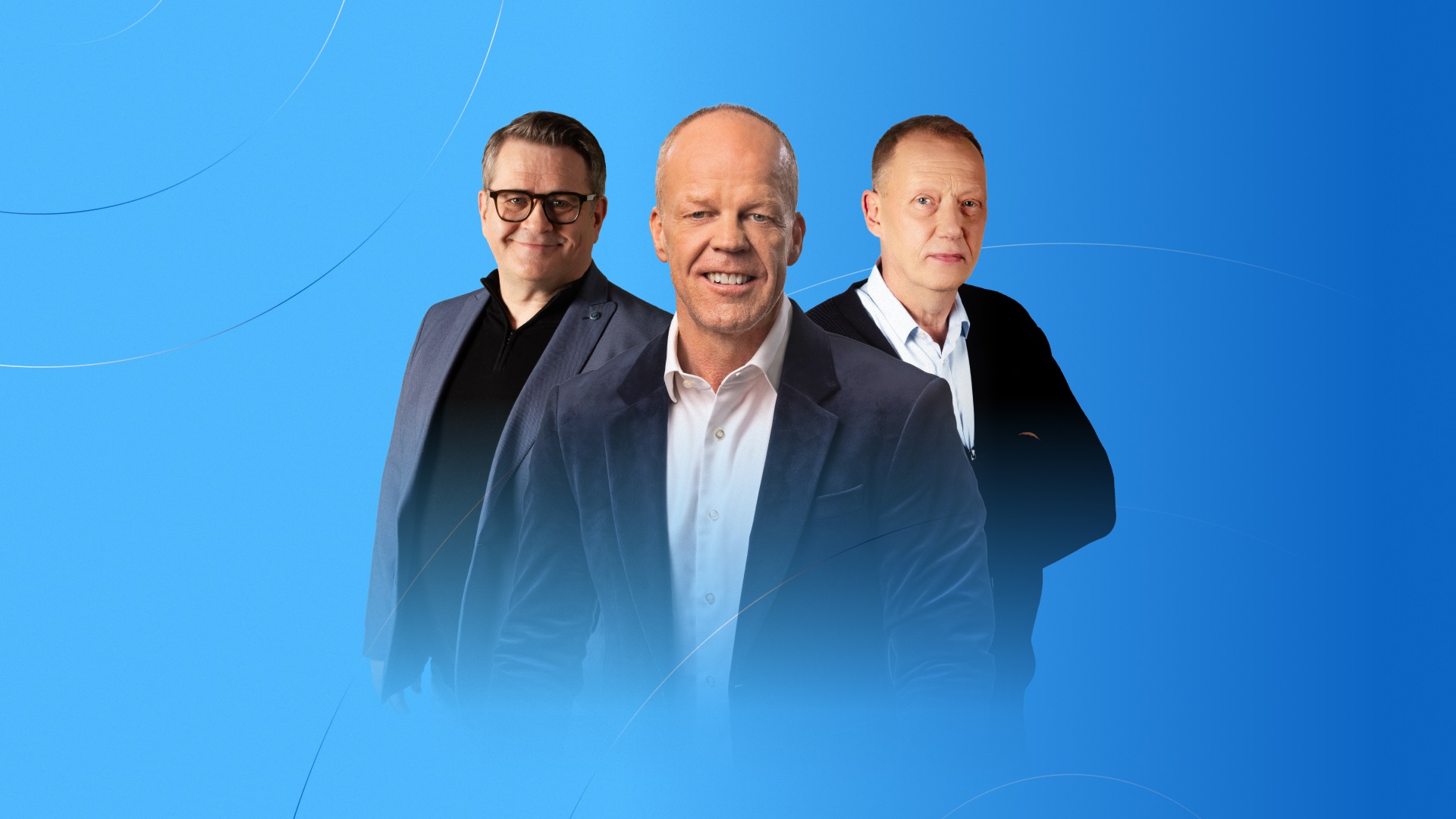
Innlent
Erlent
Veður
Hádegisfréttir
Kvöldfréttir
Kosningar 2026
Stjórnmál
Lögreglumál
Dómsmál
Andlát
Kompás
Senda fréttaskot
Innlent
Erlent
Atvinnulíf
Neytendur
Seðlabankinn
Kauphöllin
Vistaskipti
Veitingastaðir
Fjármálin með Birni Berg
Framúrskarandi fyrirtæki
Samstarf
Fréttir af flugi
Fasteignamarkaður
Ferðaþjónusta
Staðan í deildum
Enski boltinn
Vetrarólympíuleikar 2026
Fótbolti
Bónus karla
Bónus kvenna
Olís karla
Olís kvenna
Besta karla
Besta kvenna
Körfubolti
Handbolti
NFL
Íslenski boltinn
Meistaradeildin
Golf




